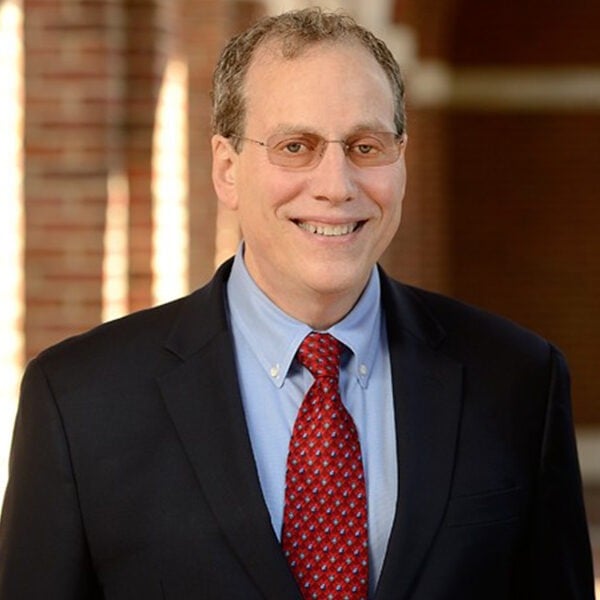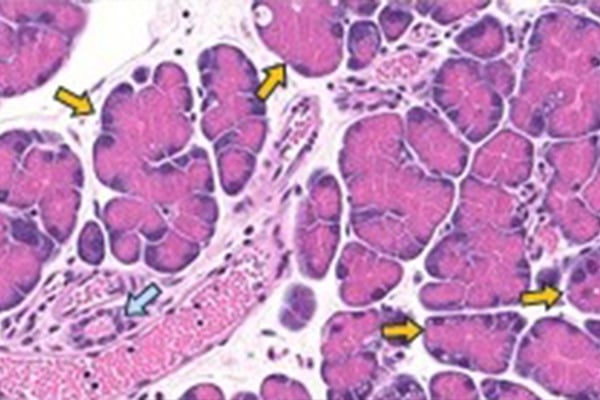Research Interests
Our laboratory is studying how genetics and the environment conspire to cause diseases, including cancer, aging, and neuropsychiatric illness. Early work from our group involved the discovery of altered DNA methylation in cancer, as well as common epigenetic (methylation and imprinting) variants in the population that may be responsible for a significant population-attributable risk of cancer. Over the last few years, our laboratory has pioneered the field of epigenomics, i.e. epigenetics at a genome-scale level, founding the first NIH-supported epigenome center in the country, and developing many novel tools for molecular and statistical analysis, and applying them to stem cell biology, cancer, metabolic disease, and neuropsychiatric disease. Recently, we have developed laboratory and computational tools to dissect the genetic and epigenetic contributions to normal and abnormal phenotypic response to environmental stress, including epigenetic inheritance. We are also pursuing a novel model of genetically driven stochastic epigenetic plasticity in evolution and development, which may help to explain Lamarckian-like inheritance, reconciling epigenetics with Darwinism. We have identified a key role of epigenetic stochasticity driving metastasis, allowing the tumor to select for traits that give it a growth advantage in a changing host environment, including metabolic disease and cancer.
Dr. Feinberg received his MD and MPH from Johns Hopkins, did a postdoctoral fellowship in developmental biology at UCSD, and clinical and molecular genetics fellowships at Johns Hopkins. He is a fellow of the American Academy of Arts and Sciences, American Institute for Medical and Biological Engineering, a member of the National Academy of Medicine, and received honorary doctorates from the Karolinska Institute, University of Uppsala, and University of Amsterdam.
Titles
- Bloomberg Distinguished Professor, Johns Hopkins University School of Medicine, Whiting School of Engineering, and Johns Hopkins Bloomberg School of Public Health
- King Fahd Professor of Medicine, Biomedical Engineering, Mental Health, Oncology, Biostatistics, Molecular Biology & Genetics, and Psychiatry & Behavioral Sciences
- Director, Center for Epigenetics
- Chief, Division of Molecular Medicine
Affiliated Centers & Institutes
Education
- MPH, Johns Hopkins University, 1981
- MD, Johns Hopkins University, 1976
- BA, Johns Hopkins University, Biology, 1973
Recent Highlights
-
December 9, 2024Feinberg is honored for his pioneering research in epigenetics.
-
March 26, 2024Kathleen Cullen, Andrew Feinberg, Eileen Haase, and Deok-Ho Kim have been honored for outstanding contributions to engineering and medicine research, practice, or education.
-
November 21, 2022Two researchers from the Johns Hopkins Department of Biomedical Engineering are among the 6,938 individuals on the annual Highly Cited Researchers list compiled by Clarivate Analytics.


